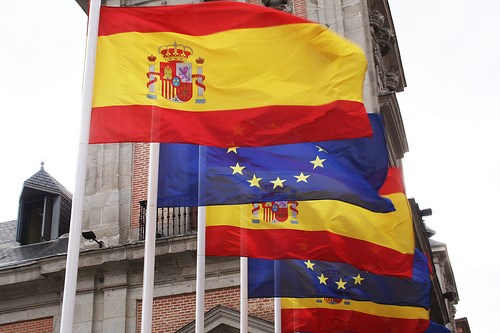EU Ministers Agree on Illegal Gambling Definition

Spanish Presidency takes steps towards a legal structure for gambling and betting with report. Photo (c) flickr user Contando Estrelas and used under a Creative Commons 2.0 licence.
04.06.2010
By Anton CapriaTouching on a progress report by the Spanish EU Presidency, the EU ministers were able to at least reach an agreement on a common definition of illegal gambling.
The key piece of information taken from the 41 page Spanish report being, illegal gambling may be defined as “gambling in which operators do not comply with the national law of the country where services are offered, provided those national laws are in compliance with EU treaty principles”.
Progress was also made to soften certain member states’ stance that gambling on any level is not an EU matter. Prior to the Spanish Presidency’s report, both the United Kingdom and Malta had been opposed to initiatives put forth about gambling on the EU level. Both had argued that “gambling is an economic activity like any other, and that EU rules on freedom of services in the internal market need to apply”.
However, the report only found opposition from Malta. With the UK’s support, diplomats say that this may be a sign that its stance may be beginning to soften.
Malta still contested that its own legislation and authority on gambling leaves it with no reason to have initiatives on the EU level in addition. With Malta’s inexpensive online gambling licenses and a favorable tax rate for gambling operators on their territory, a substantial sum of tax revenue is collected from the operation. The UK has similar favorable legislation in place, however for a country the size of Malta it is understandable why they may be more reluctant to soften their stance.
A report of this nature has been long overdue and it wasn’t until after pressure from member states and European Parliament that moves were made. The Spanish Presidency also made sure to underline the importance to follow the rulings of the European Court of Justice that “require member states to start a constructive debate and an exchange of views on the concept of illegal gambling”.
Read the complete article at EurActiv by clicking here





